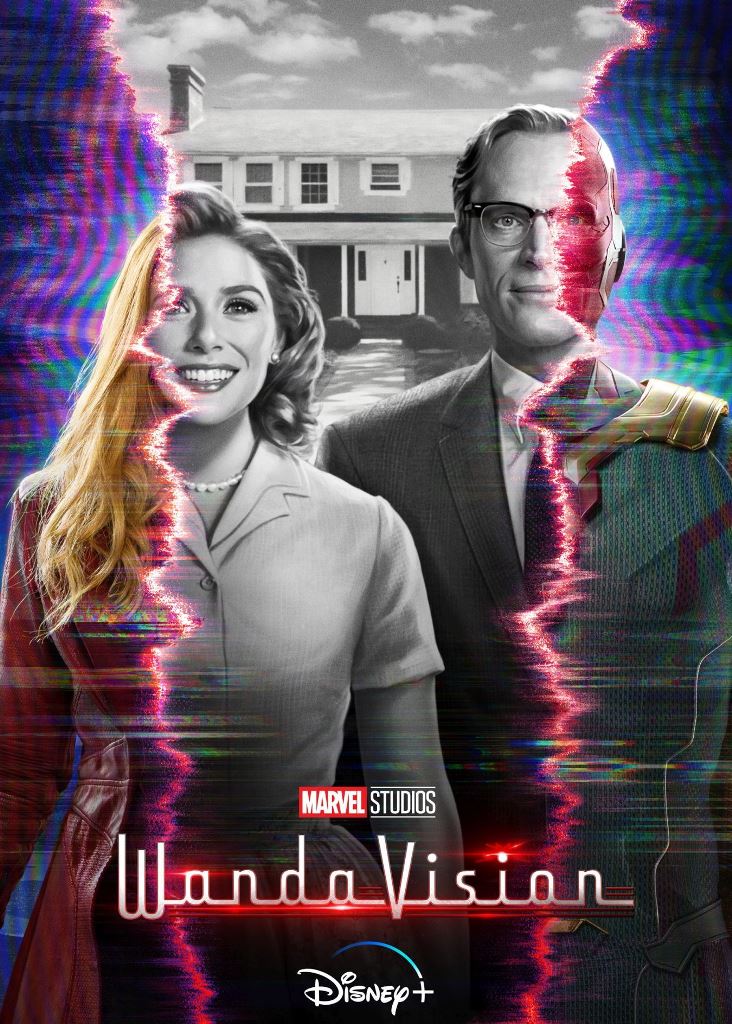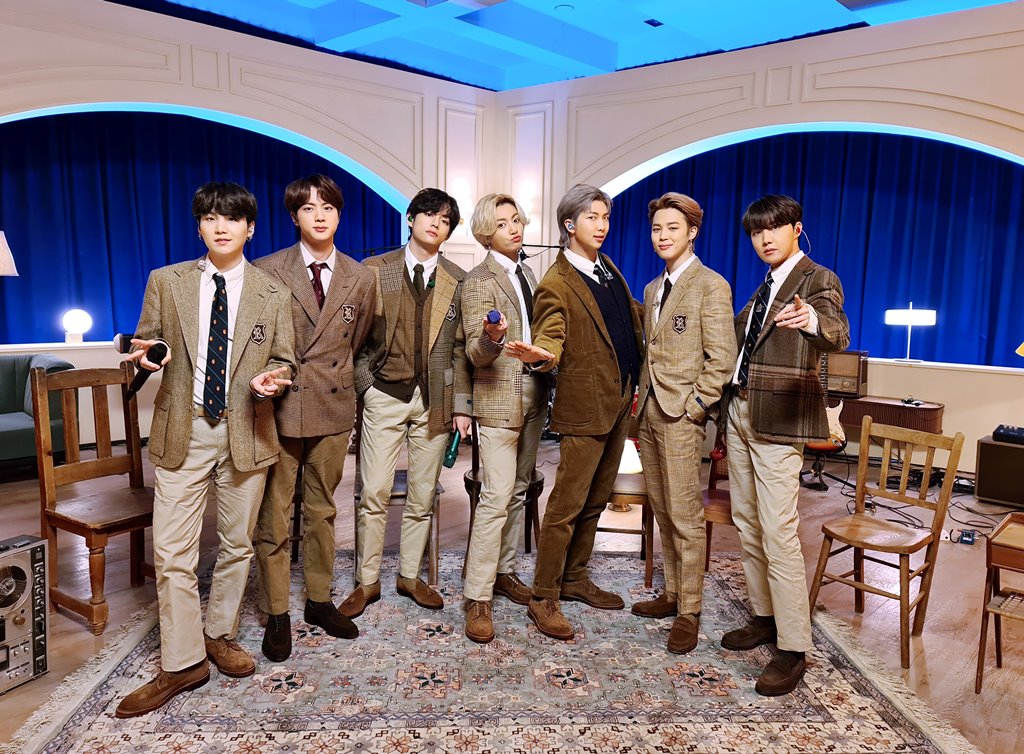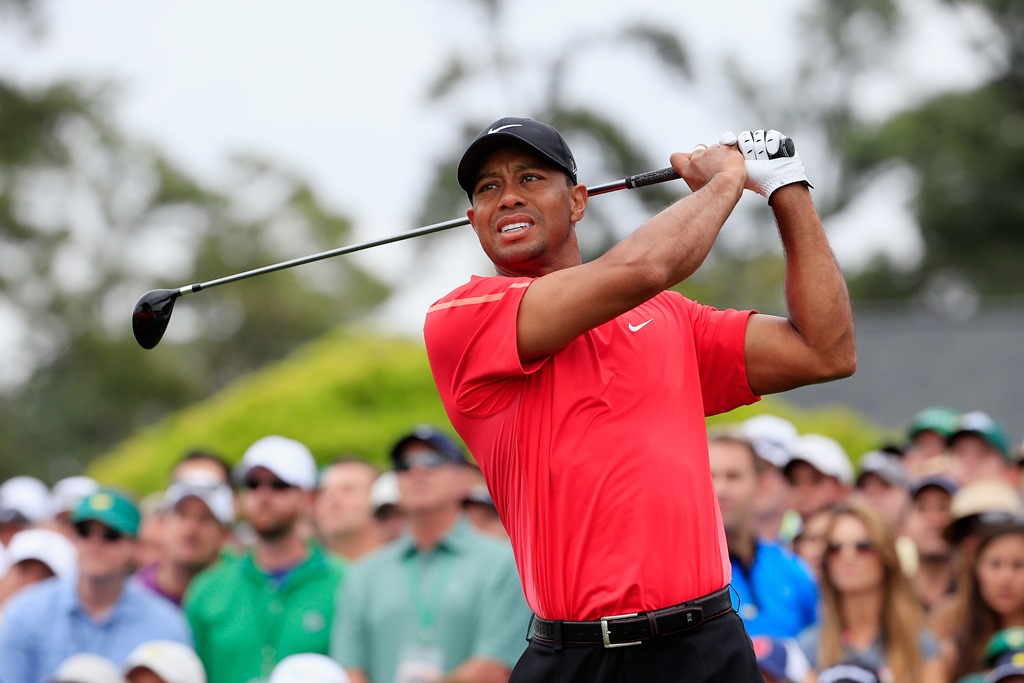WandaVision’s “shoe problem”



Spoilers
As we head into the final two episodes of WandaVision, it has become exceedingly clear that while this is a pretty great show, it is not working for some people. Sure, it got off to a slow start, but at this point, seven episodes in, we’ve advanced beyond that. And yet, there is an ever-growing contingent of complaints about WandaVision that will not relent. Some of these complaints are just plain whiny, harping on the show for being weekly in the age of binge streaming. Look, I think bingeing and weekly episodes each offer unique narrative opportunities and we should probably start recognizing them as distinct storytelling forms, and I would like to see more shows experiment with combining multi-episode drops and weekly releases (like Search Party did), but WandaVision releasing its episodes weekly is NOT a real problem. That is not what this is about. Yet, there are some legitimate complaints to be made about the pace, particularly the increasingly herky-jerky back and forth between the faux sitcom in Westview and the “real” world of the MCU. I’ve not only kept up with WandaVision each week, but have done full re-watches of all episodes twice, and each time I am hit with the same inescapable observation that no matter how much I enjoy the show, which is a lot, something isn’t clicking. And then it hit me: WandaVision has a shoe problem.
Anyone who has ever sat through a writing workshop has probably heard some variation of the advice, “If everyone is picking on the same thing, don’t assume they’re wrong, assume you haven’t done your job well enough.” I have found this to be true across the board, and I can always tell when I’ve missed the mark just by the response I get. It’s easy to blame the audience for being stupid or “not getting it”, but honestly, if everyone seems to be homing in on the same thing, then there likely IS a problem somewhere in the skeleton of the story. I started calling this the “shoe problem” because Jurassic World offers a perfect example of this phenomenon in action. I wrote about it in more detail here, but the short of it is, everyone picked on Bryce Dallas Howard’s high heels because they could sense something wasn’t working with her character. There was cognitive dissonance going on, and everyone started pointing at the shoes because that was the most obvious “wrong” thing about her character.
WandaVision’s shoe problem is not within WandaVision itself. Everything organic to WandaVision is working REALLY well, from Vision’s slow-burn realization of the truth about Westview, to Wanda’s unraveling control, to the reveal that it’s been Agatha all along, to the introduction and buildup of Monica Rambeau and her superpowers. As a self-contained story, WandaVision works. But WandaVision isn’t self-contained, it is part of the larger web of the Marvel Cinematic Universe, and when it comes to the stuff WandaVision is trucking in from other parts of the MCU, well, it’s not working nearly as well. The chief culprit is Wanda and Vision’s relationship itself, something we have actually seen very little of in the MCU. There was a flirty scene in Captain America: Civil War, then they were suddenly so in love in Avengers: Infinity War that they sneak away from their respective teams to have romantic rendezvous. And that’s it, that is the sum total of Wanda and Vision’s on-screen relationship, less than seven minutes.
https://www.youtube.com/watch?v=o-9JWbQ2NIw
And it just isn’t enough to sustain the undercarriage on WandaVision. The story of WandaVision rides on Wanda’s grief, on a series of losses, the culmination of which is Vision, a loss too great to bear. But it just isn’t justified, we barely saw these characters interact as lovers before Vision died, and now Wanda is so grief-stricken she has thousands of people trapped in a sitcom fantasy to play-act the life fate denied her. Intellectually, we can make this work because we know Wanda HAS lost a lot. Her brother, the Avengers, any sense of home, Vision. We can appreciate these individual losses and how they compound. But when it comes to her relationship with Vision, there is no there there. (Joshua Rivera points out that this is part of a larger “tell-don’t-show” problem in the MCU, which often undercuts its own emotional beats.) This is the source of the cognitive dissonance in WandaVision, that we’ve been told (repeatedly) that Wanda Is Super Sad, but we’ve seen so little of Wanda’s interiority that it doesn’t quite connect, never mind how little of Vision’s inner life we’ve experienced. Quick question, without referencing the comics, why are these two in love?
The only reason Pietro works on WandaVision is because he ISN’T Pietro. Had Aaron Taylor-Johnson shown up at Wanda’s door, I don’t think the reveal would have worked at all. But because WandaVision is crossing multi-verse streams with Evan Peters, people are 1) more hung up on the possibility of X-Men coming to the MCU, and 2) treated to an interesting facet of grief, in which Wanda can face her brother’s ghost without actually facingher brother. Even though we know Agatha Harkness propelled X-Pietro into Westview, it is still a visual representation of how grief can be tricky and particular and manifest differently for everyone. Plus, the obvious dissonance of X-Pietro in the MCU effectively covers for the scant emotions supporting Wanda’s state. But Vision is just Vision. Maybe he doesn’t remember his past, but we do, and that includes how little we saw of him and Wanda as a couple before arriving at this point. Vision’s journey to the truth is compelling because it is specific to THIS iteration of Vision, and the more he wants to escape Wanda’s illusion the more right it feels because there ISN’T a great love story on the line. There is really nothing keeping him in Westview except the hex itself.
https://www.youtube.com/watch?v=mWiaFe6EXRE
The shoe problem strikes again. Complaints about WandaVision aren’t really about the pace or the tone, it’s about Wanda and Vision and how short-changed they’ve been, as individual characters and as a couple. Since they’ve never actually had an epic romance for the ages, this emotional underpinning of WandaVision just isn’t earned, and THAT is the real problem. And look, I get it if it’s not a dealbreaker for you—it’s not a dealbreaker for me. There is so much to like about WandaVision, it’s easy to look past this problem, and honestly, that goes for the MCU at large. But not all of the complaints leveled at WandaVision are whining about bingeing, some of it is grounded in a basic narrative failure of the story. We never saw Wanda and Vision have a great love affair—we were just told that they’re in love now. As a result, WandaVision feels, if not hollow, then a little shallow. Elizabeth Olsen is a good actress, so she can sell a representation of Wanda’s grief, but the feeling isn’t quite there, because we’ve never had the chance to connect with Wanda as a person before this moment. As we approach the last episodes of WandaVision and the inevitable final confrontations, I can’t help but wonder if Vision will even fight to stay with Wanda because again, why are they even in love?

